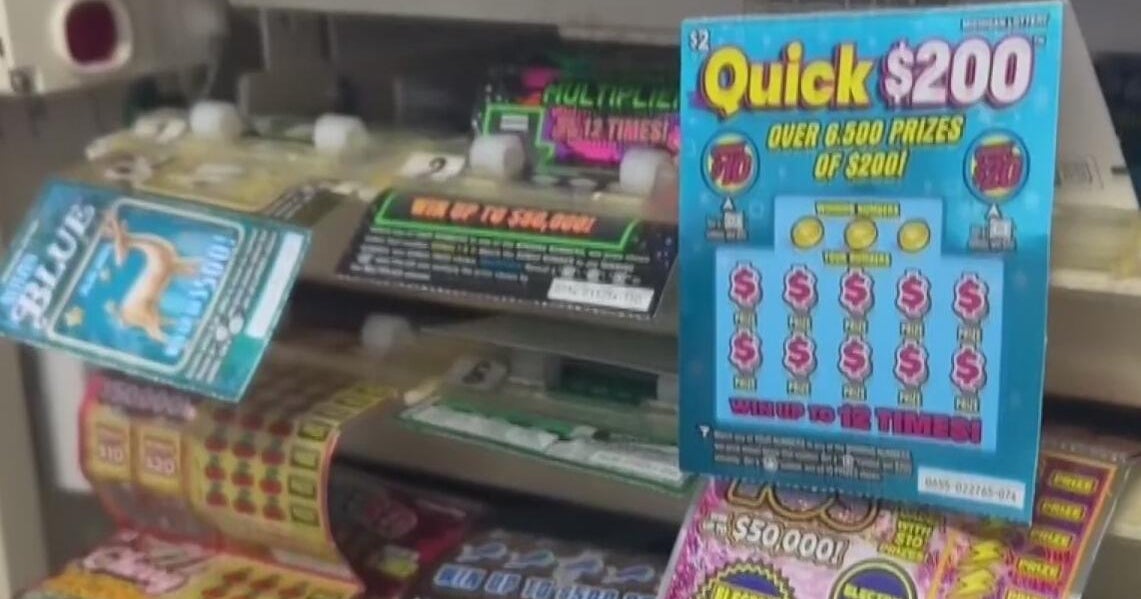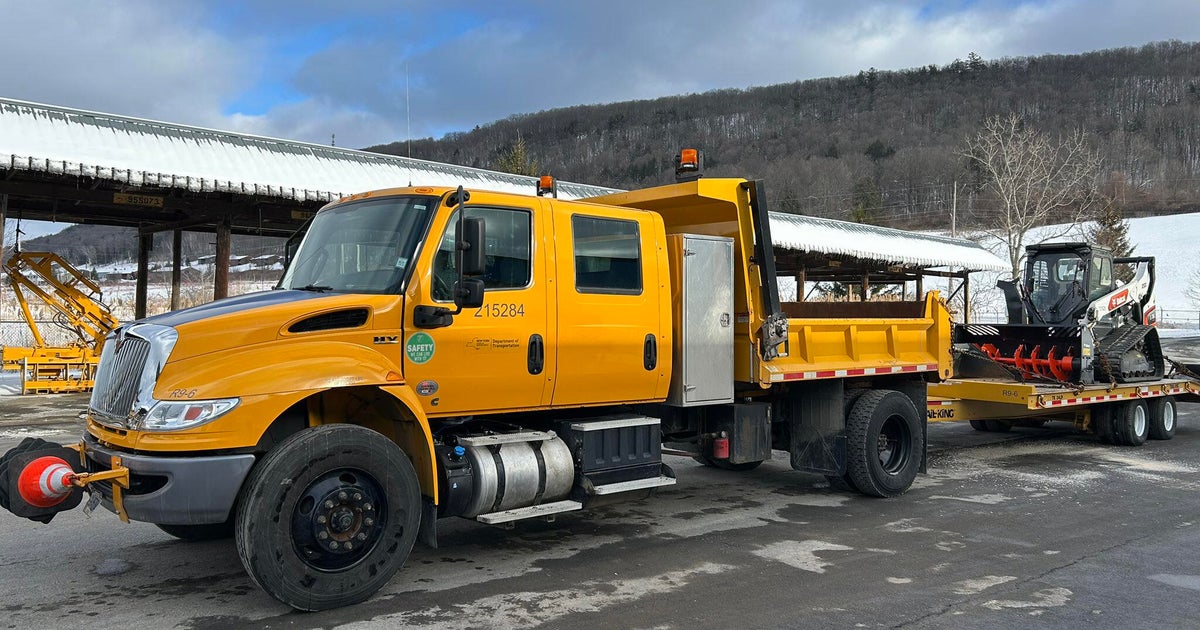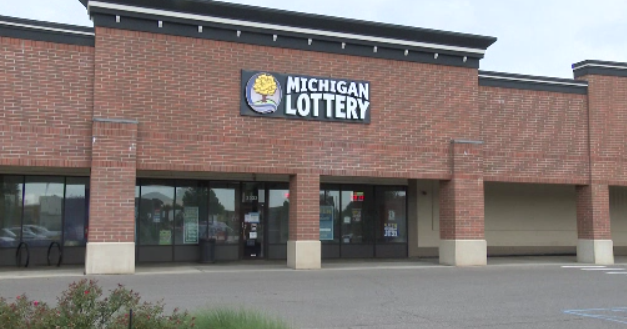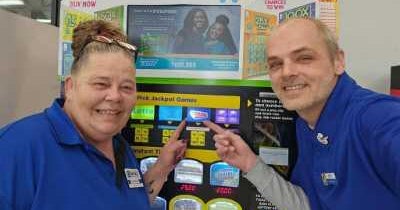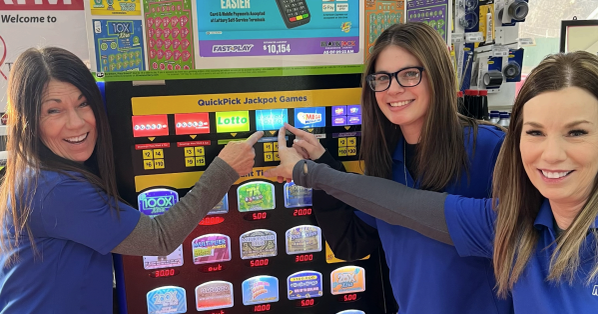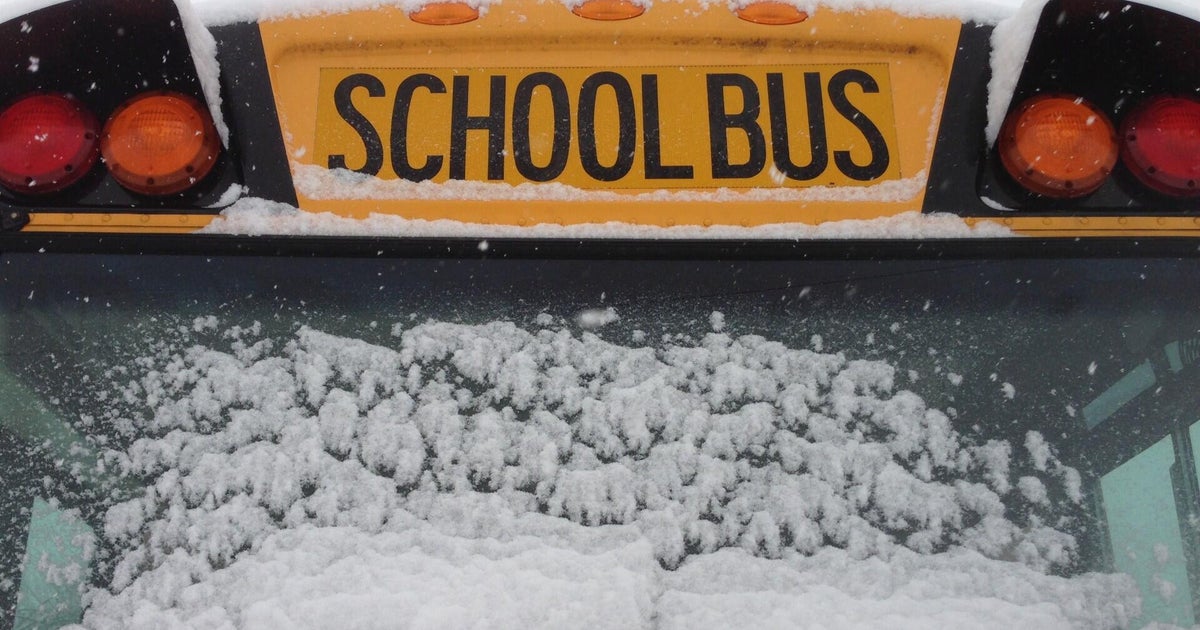Mass. To Boost Lottery's Profile On Social Media
BOSTON (AP) - State lotteries across the country are increasingly turning to Twitter, Facebook and YouTube to connect with customers, a trend that Massachusetts Treasurer Steven Grossman said is one of his top priorities as he looks to boost sales in coming years.
Massachusetts may have one of the oldest and most successful lotteries in the country, but other states are well ahead when it comes to embracing social media sites to stay connected with long-time customers and reaching out to new players.
Grossman said he's determined to catch up.
In an interview with The Associated Press, Grossman said that with a limited advertising budget of about $2 million, the lottery needs new ways to reach younger players who get their information in nontraditional ways.
"I don't think we have yet used new, imaginative and forward-looking social media tools and techniques at the lottery the way other consumer businesses have," Grossman said. "We're going to make the lottery a little fresher, a little more interesting, a little more imaginative."
Grossman said he and his newly appointed Massachusetts State Lottery Executive Director Paul Sternburg are exploring social media as part of a wider strategy to boost sales, from selling tickets at Logan Airport to enlisting lottery sales agents who speak languages other than English to reach immigrant communities.
Grossman's overall goal is to increase lottery profit by $100 million, which would bring the total amount of lottery dollars returned to cities and town in the form of local aid to about $1 billion.
Because $1 of every $5 spent on lottery tickets is profit, that would require increasing overall sales by upward of $500 million.
"A lot of people say the lottery is successful, it's topped out," Grossman said. "I don't believe that."
Other states long ago ramped up their social media profiles.
Iowa lottery officials posted their first YouTube videos in 2007 and the next year created a Facebook page and began sending out tweets.
At first the lottery had 30 followers on Twitter. Now it has thousands of Twitter and Facebook fans, according to Mary Neubauer, vice president of external relations for the Iowa Lottery.
While it's difficult to say whether that's translated directly into higher profits, Neubauer said sales have been increasing in the past few years. Besides, she said, not adopting social media is no longer an option.
"This is a necessary part of doing business," she said. "Being on social media is something that the public expects today and is going to be demanding soon."
Alex Traverso, spokesman for the California Lottery, said the number of social media followers grew exponentially in the past year. The lottery now has 12,000 fans on Facebook and 6,000 followers on Twitter.
Because lotteries involve gambling, officials have to take some precautions, especially on Facebook, which has restrictions against directly promoting gambling.
Traverso said that while the lottery won't put up messages urging people to go out and play a specific game, officials can post images of the latest tickets and answer questions.
Maintaining a social media presence isn't the same as issuing press releases. To be successful, Neubauer said, businesses have to adopt a more informal, conversational tone with their followers.
For Traverso, that translates into an increasing amount of work to keep the lottery's Facebook page fresh. That also means answering questions, sending tweets and posting videos.
"It's the work of one full time person for sure and it's going to get to the point where it's more than that," he said. "People want to see new content."
Grossman, a former chairman of the Democratic National Committee, said he's also looking down the road to when state lotteries may be allowed to sell tickets directly online.
He said he opposed what he described as an effort last year by Democratic Senate Majority Leader Harry Reid to give Las Vegas casino owners a head start in what would be a legalized world of online poker. The effort failed.
Grossman said Massachusetts with its more than four decades of operating a public lottery, should have an equal shot if online gambling is ultimately legalized.
"If we are going to go the route of online gaming, if that's something that's potentially in the offing, I want Massachusetts ... to be at the table when that's debated," Grossman said.
"There's no reason why Massachusetts, as the leader in the New England region, couldn't help create a national model for online gaming, if Congress is determined to approve it," he added.
Rep. Barney Frank, a Democrat, has also sponsored federal legislation to license and regulate online gambling nationally.
While some past Massachusetts treasurers have expressed ambivalence about promoting gambling, Grossman said he has few such qualms.
"I don't have any moral opposition to the lottery," he said. "I think you have to let people spend their own money the way they decide they want to spend their money."
(Copyright 2011 by The Associated Press. All Rights Reserved.)
